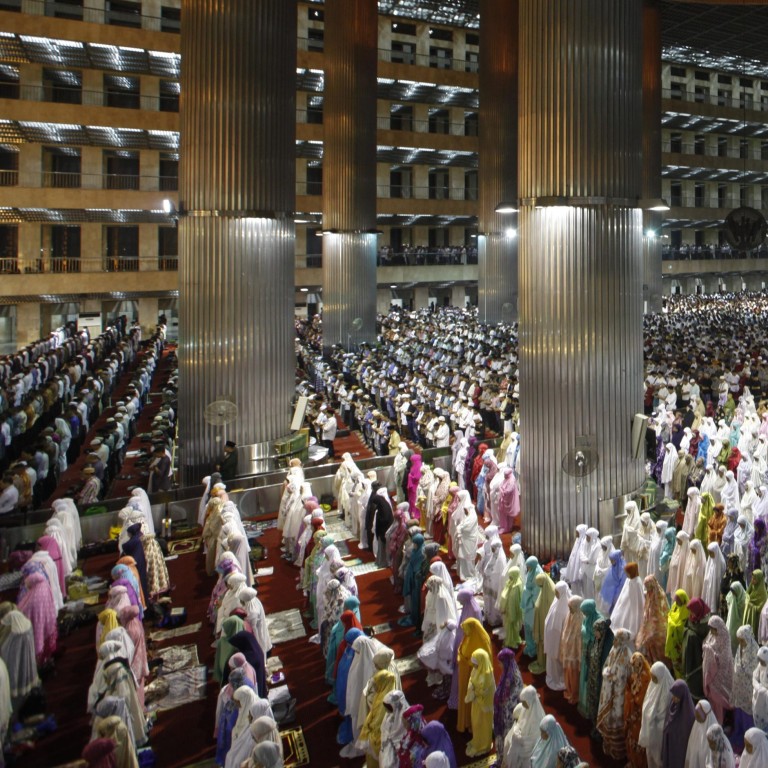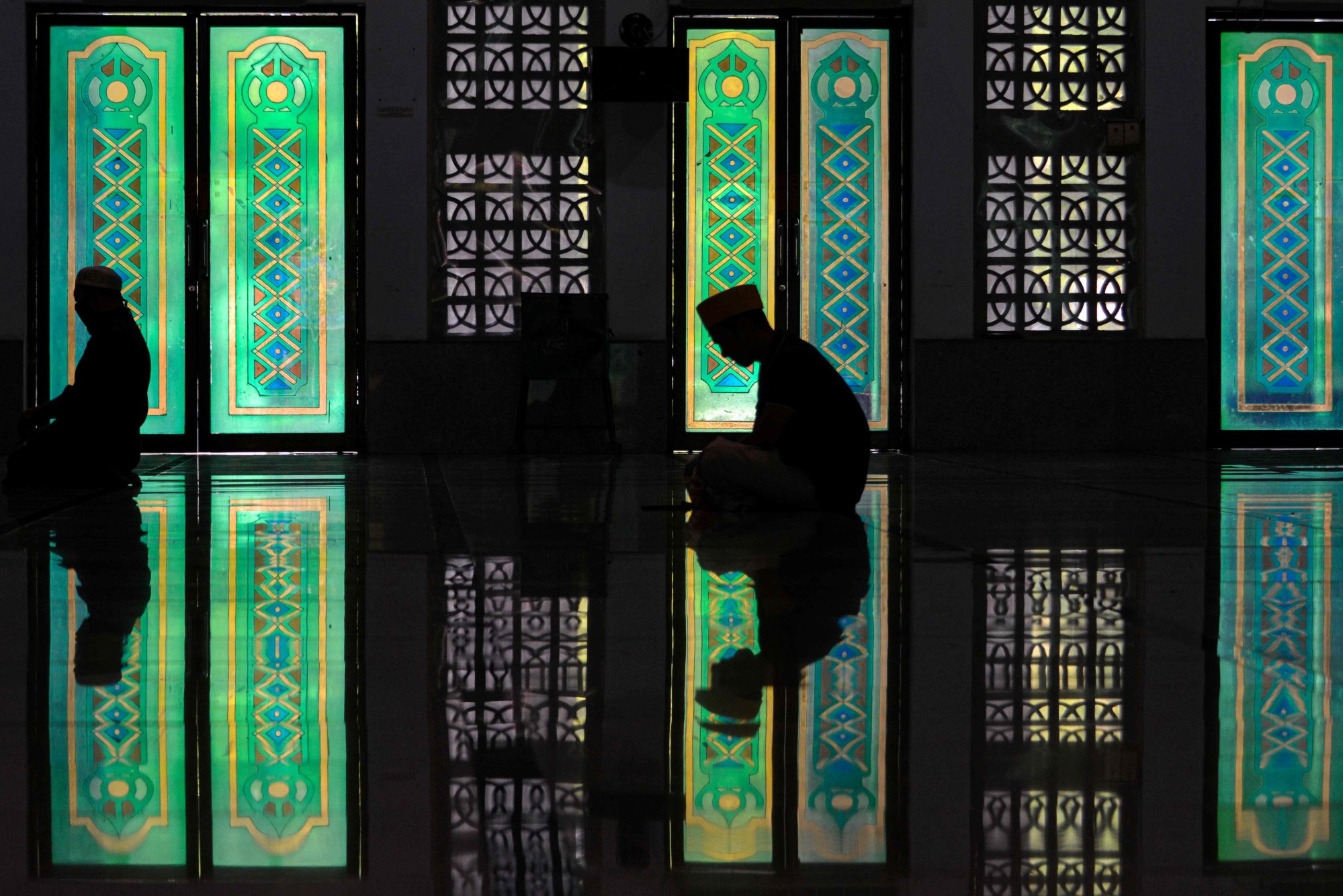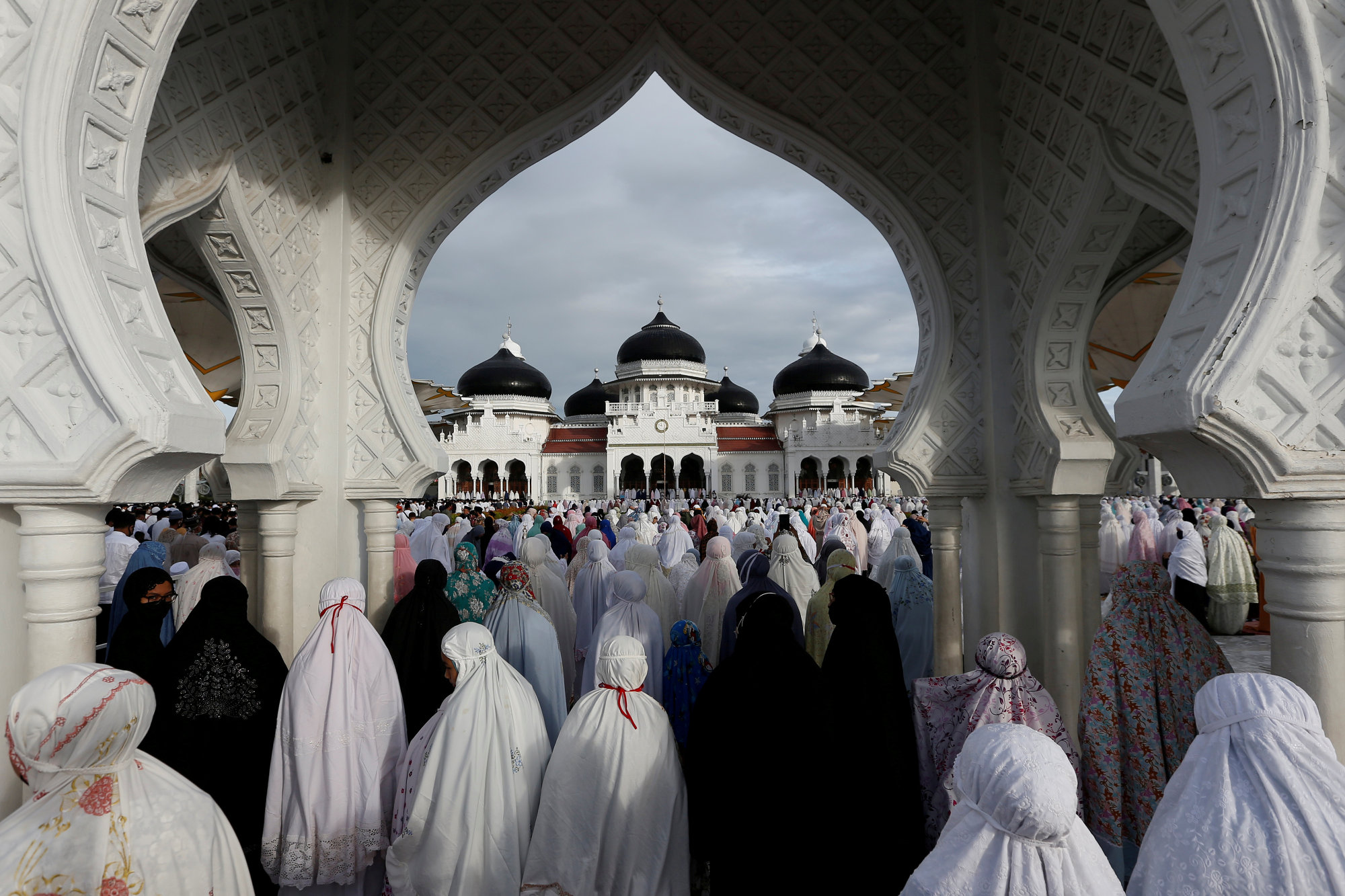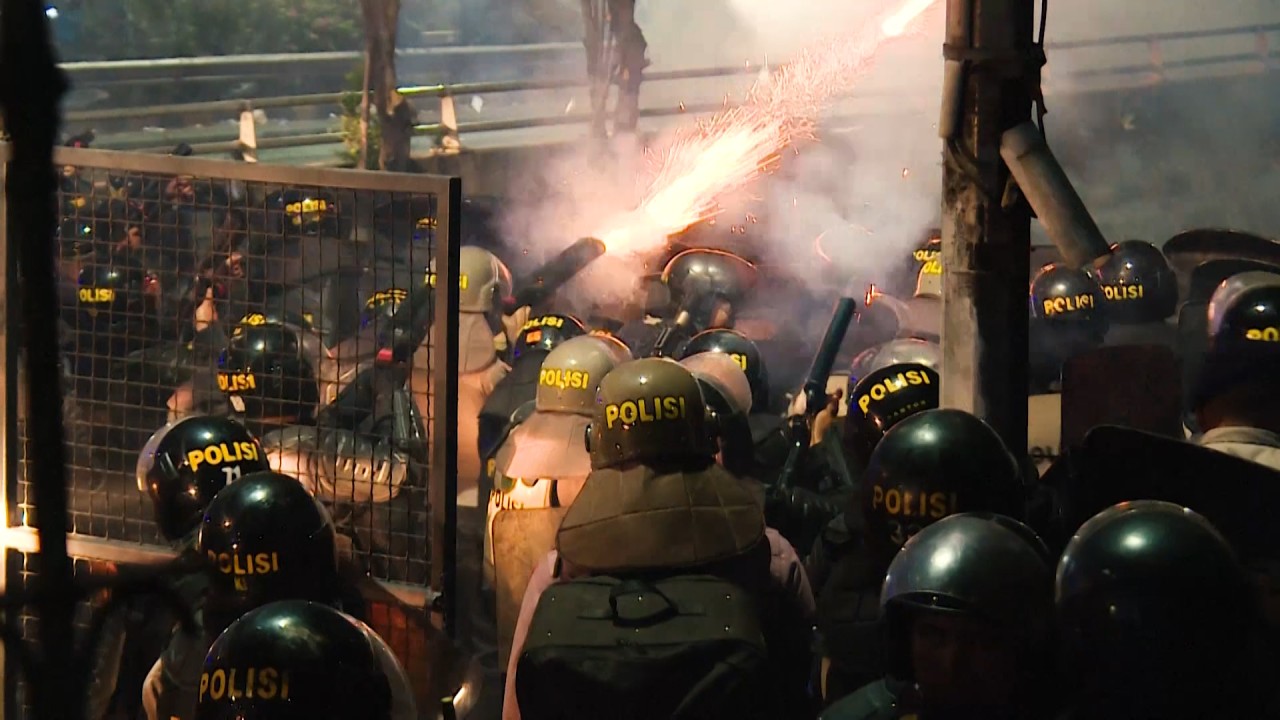
Will West Sumatra’s new law lead to more Islamic conservatism in Indonesia?
- West Sumatra’s new law recognising that the province’s customs are based on Islamic law could expand Islamic conservatism in Indonesia, activists warned
- In 2019, there were at least 700 Sharia-inspired local regulations and laws in Indonesia, up from 300 in 2014
The legislation, passed on June 30, contains an article that acknowledges three special characteristics of the province. One of them is that the culture and customs of Minangkabau, the region’s native ethnic group and by far its largest tribe, “are based on philosophical values, adat basandi syara’, syara’ basandi Kitabullah … which shows the religious character and the height of the customs of the people of West Sumatra”.
The phrase adat basandi syara’, syara’ basandi Kitabullah translates to “Minangkabau customary rules are based on Sharia, and Sharia is founded upon Al-Quran”, meaning that whatever the Sharia says, the customary rules will follow.
How the sharia economy is shaping democracy in Indonesia
Of the province’s 5.5 million people, about 130,000 are non-Muslims, including a community in the Mentawai Islands whose residents are largely Christians.
Guspardi Gaus, member of the parliament’s Commission II that deliberated the provincial laws with the government, told This Week in Asia that the new law would not “deny the rights” of religious minority groups in the province.
Guspardi said while most West Sumatrans were of Minangkabau ethnicity, it did not mean other groups would be “denied their rights because we also have Christians in the Mentawai, we have Batak, Javanese, and Sundanese tribes”. He added: “We are a pluralist society.”
Guspardi also claimed that the application of the philosophical values “will still be in line with the [state-ideology] Pancasila and the republic”.

Through Pancasila, the country’s founding fathers identified pluralism and freedom of religion as one of the five principles that should always be maintained and respected in independent Indonesia.
“At the beginning [of the law’s deliberation] somebody requested that the West Sumatra province be granted a special status like Aceh, but the House of Representatives and the government agreed that the law will not change the name of the province,” Guspardi said.
In Indonesia, only the special region of Aceh, in the northernmost part of the country, officially enforces Islamic law to its 5.3 million population.
“There was never any religious or ethnic tensions in West Sumatra, there was never any limitations [to minorities’ rights], it is considered a safe region in Indonesia. Something bad never happened, caused by ethnic and religious differences, so why is West Sumatra now under the spotlight?”

‘Sneaky’ statement
But West Sumatra is deemed as far from tolerant, human rights activists say, as the province is notorious for local regulations that put minority groups at a disadvantage.
Last year, a secondary school in Padang, the provincial capital, made national headlines after it mandated all girls students to wear hijab, or hair covering, including non-Muslim students. In 2018, a local government in the city of Pariaman passed a regulation that would fine members of the LGBT community 1 million rupiah (US$66) if they caused a “public nuisance”.
It’s basically just another reason to use Islam for political gains
“That statement is sneaky, it is basically Islamic Sharia,” said Andreas Harsono, researcher at Human Rights Watch, referring to West Sumatra’s now state-recognised philosophy. “It is nonsense. It’s basically just another reason to use Islam for political gains.”
According to Harsono, West Sumatra was the first province to introduce an obligation to wear Muslim dress for workers and school students in 2002, two years before Aceh implemented a similar regulation.
“Any regulations based on Shari’a law tend to discriminate against three minority groups, women, religious minority, be it non-Muslims, non-Sunni Muslims, as is the case in Indonesia, and traditional religions, as well as the LGBT community. All of these [discriminative regulations] can be found in West Sumatra,” he said.
Harsono said that he “won’t be surprised if there are many other provinces which are trying to be sneaky like what West Sumatra is doing”.
Of 34 provinces in Indonesia, Harsono estimated at least 15 Muslim-majority provinces could lean towards Islamic conservatism in the future, such as Riau, South Sulawesi, and Gorontalo.
While West Sumatra has not been granted a special status like Aceh, a recognition of the Sharia-based tradition will “strengthen” the local government’s intentions to introduce more Sharia-inspired local regulations in the province, he said.
Guspardi Gaus, the House representative from West Sumatra, claimed that West Sumatra “will not turn into Aceh”.
He said people who claimed that Sharia-inspired laws were not aligned with the country’s pluralism principle are “Islamophobic”.
“It’s as if Islamic Sharia goes against our constitution and Pancasila, just because we have Shari’a law does not mean that we will establish an Islamic country. We are a republic and this is final,” he said.
According to Daniel Peterson, a research fellow at Australia’s Deakin University and a scholar of human rights, blasphemy and political Islam in Indonesia, Sharia-based local and provincial regulations have been found in West Sumatra since at least 2001.
Sharia debate offers glimpse into Malaysia’s ‘culture war’
In West Sumatra, however, not all people support Sharia-inspired laws as they at times clash with the customary laws of Minangkabau ethnic.
Researcher Adri Wanto at the Asia Africa Institute of the University of Hamburg, in his 2017 paper titled Shari’a, Two Sides of the Same Coin: The Contradictions Between Shari’a and Adat, argued that conflicts have arisen within the Minangkabaus over the idea proposed by Islamic groups to abolish the matrilineal and land tenure system, as they said it is not in accordance with Shari’a, which is patriarchal in nature.
The Minangkabau has been known as one of the world’s largest matriarchal societies, in which the inheritance of land and property ownership is passed on according to the matrilineal principle.
In 2019, at least 700 Sharia-inspired local regulations and laws were found in Indonesia, up from 300 in 2014, according to Dr Michael Buehler, author of The Politics of Shari’a Law: Islamist Activists and the State in Democratising Indonesia. These laws range from bans on consumption of alcohol, obligation to Quranic learning for Muslim students at all stages in their education, bans on LGBT lifestyle, and bans on prostitution and extramarital sex, among others.


